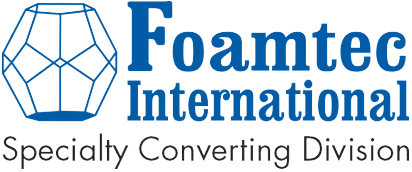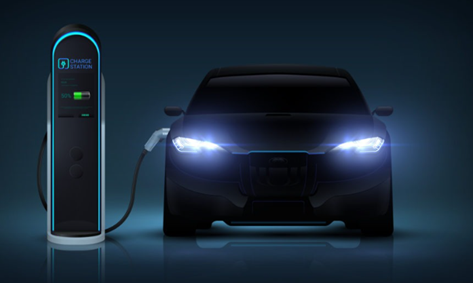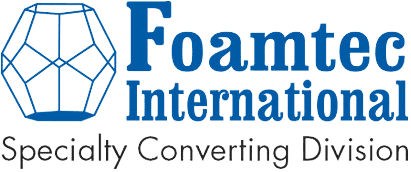Electric vehicles (EVs) are revolutionizing the way we commute, and at the heart of this transformation is the crucial component that powers them—EV chargers. Polypropylene film is commonly used as an insulator material for Electric Vehicle (EV) chargers due to its favorable properties.

Ø High Electrical Insulation: An excellent defense against electrical leaks in electronic devices, providing a robust shield that keeps your EV charger operating seamlessly.
Ø Heat Resistant: Polypropylene can withstand high temperatures without impacting its reliability.
Ø Durable and Strong: Ensuring longevity and reliability, polypropylene reinforces electronic insulation and protects sensitive components.
Ø Chemically Stable: In the face of various chemicals, polypropylene maintains its integrity in diverse environments. It’s the defender your charger needs against the unpredictable forces of nature.
Ø Low Moisture Absorption: Polypropylene’s low moisture absorption ensures that your charger remains corrosion-free, maintaining consistent electrical properties through thick and thin.
Here are some specific applications of polypropylene insulators in EV chargers:
- Connector Insulators:
- Polypropylene can be used to insulate connectors and terminals within the EV charger. It provides electrical insulation, preventing unintended contact and ensuring the safety of the charging system.
- Cable Insulation:
- Insulating cables is critical in EV chargers to prevent electrical leakage and ensure efficient power transfer. Polypropylene, with its good dielectric properties, is suitable for cable insulation.
- Cable Entry Seals:
- Polypropylene can be employed to create seals at cable entry points in the charger housing. These seals help maintain the integrity of the charging unit by preventing moisture or contaminants from entering.
- Charging Port Insulation:
- The charging port, where the EV is connected to the charger, requires effective insulation to ensure safe and reliable charging. Polypropylene insulators can be utilized in the design of the charging port components.
- Enclosure Insulation:
- The overall enclosure of the EV charger may use polypropylene insulators to separate internal components and provide electrical insulation. This is essential for the protection of users and the longevity of the equipment.
- Mounting Insulators:
- Insulating materials are often used in mounting components to isolate them from the charger’s structure. Polypropylene’s insulating properties help prevent electrical conduction between different parts of the charger.
- Terminal Blocks:
- Polypropylene can be employed in terminal blocks within the charger. These blocks help manage the electrical connections and require effective insulation to prevent short circuits.
- Sensor Insulators:
- EV chargers often incorporate sensors for various purposes, such as temperature monitoring. Polypropylene insulators can be used to isolate these sensors and ensure their accurate and safe operation.
- HVAC System Insulation:
- For EV chargers equipped with heating, ventilation, and air conditioning (HVAC) systems, polypropylene insulators may be used in components requiring electrical insulation within the HVAC system.
- Capacitor Insulation:
- Capacitors used in the charger’s circuitry may be insulated with polypropylene to ensure proper electrical performance and reliability.
Polypropylene’s versatility, electrical insulating properties, and resistance to environmental factors make it a suitable choice for various insulator applications within EV chargers. When used appropriately, polypropylene contributes to the safety, efficiency, and reliability of the charging infrastructure.
Foamtec International is an industry leader in polyurethane film insulators. We work with some of the largest EV manufacturers in the world to help shape the future of EV chargers. For more information about safer and more efficient charging, please contact us today!




